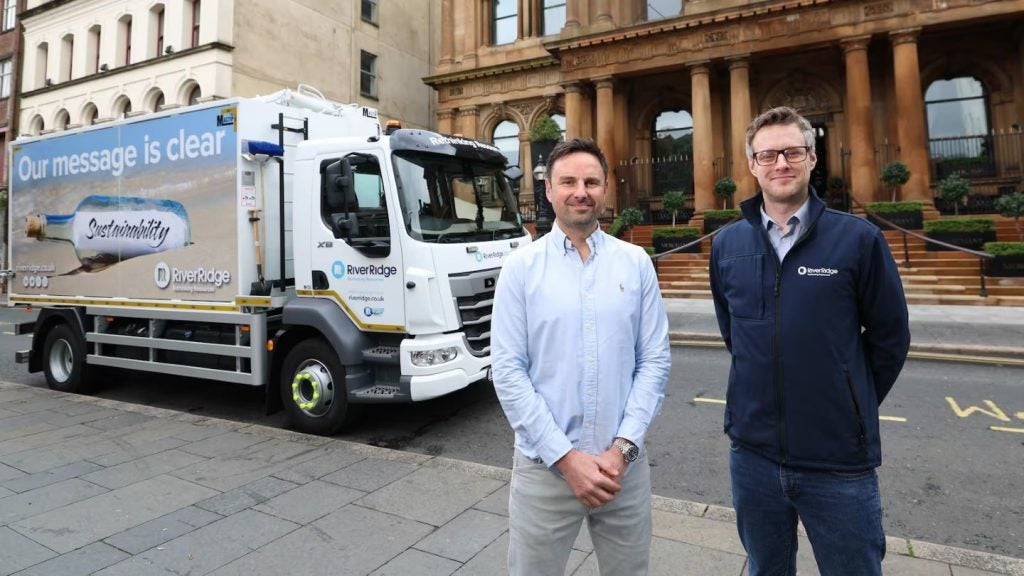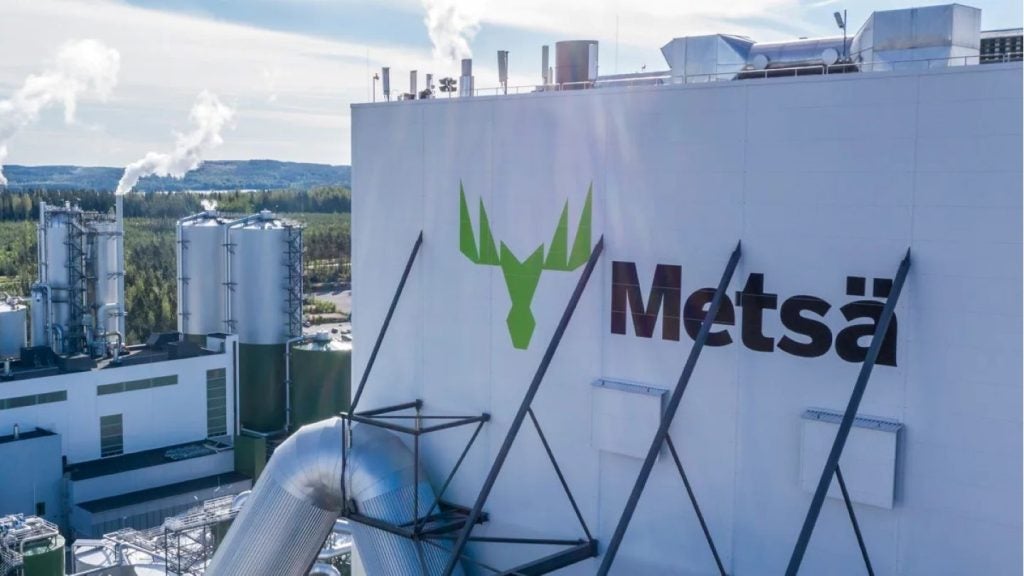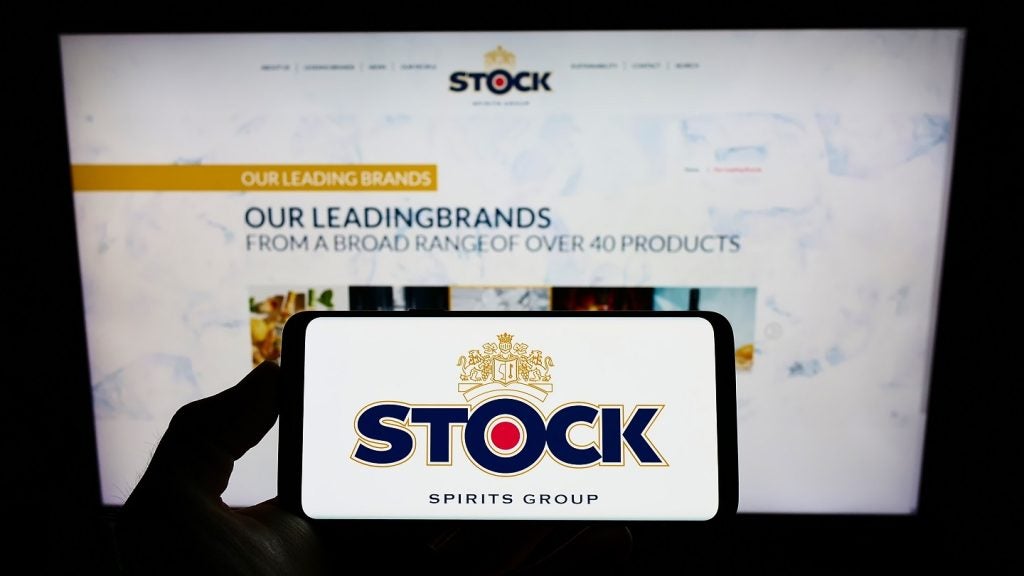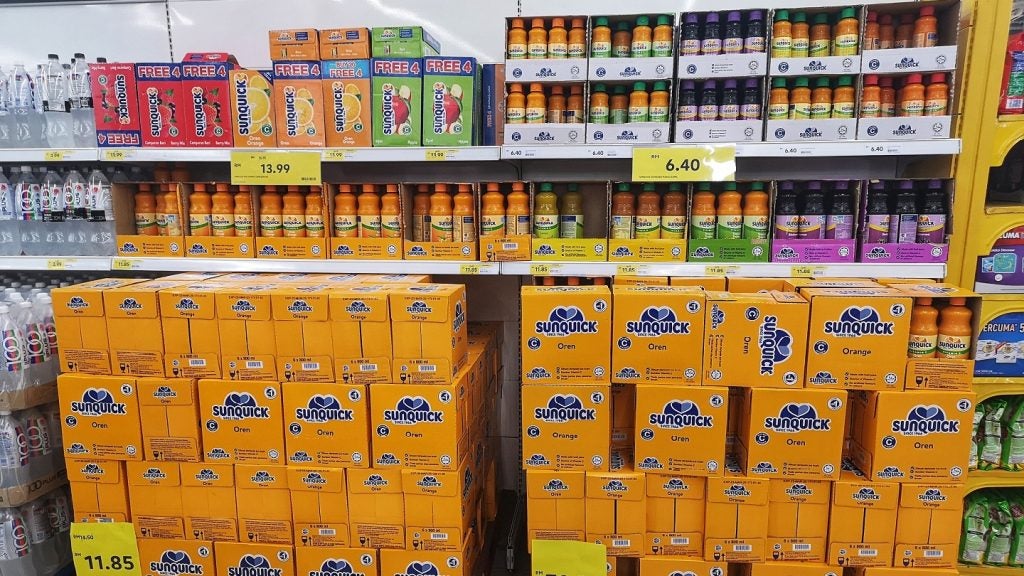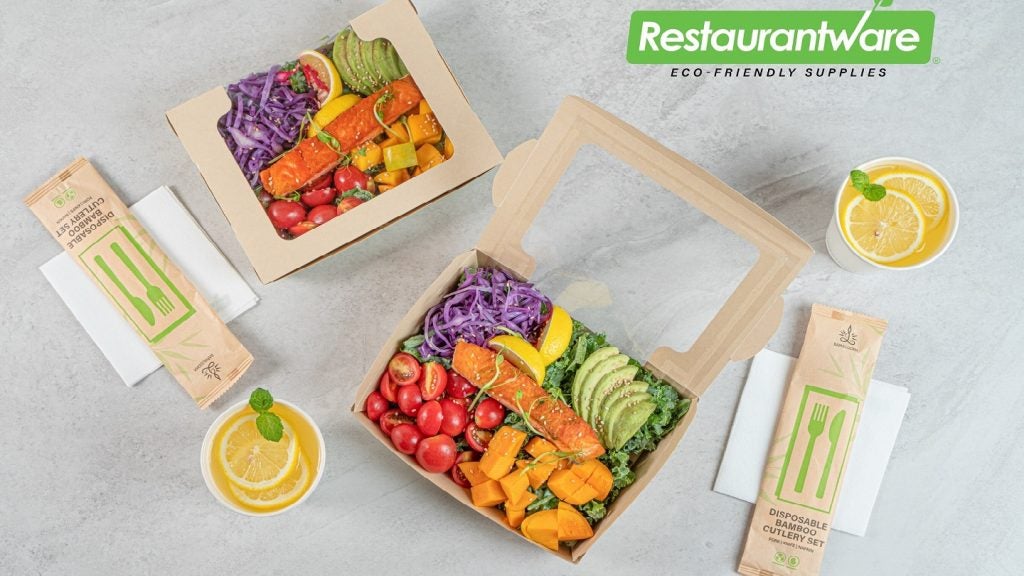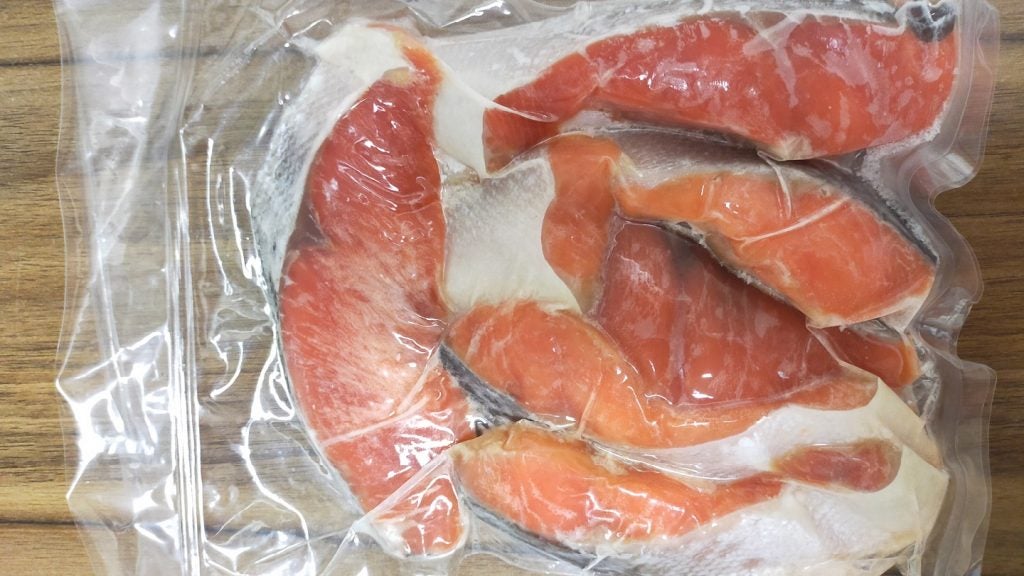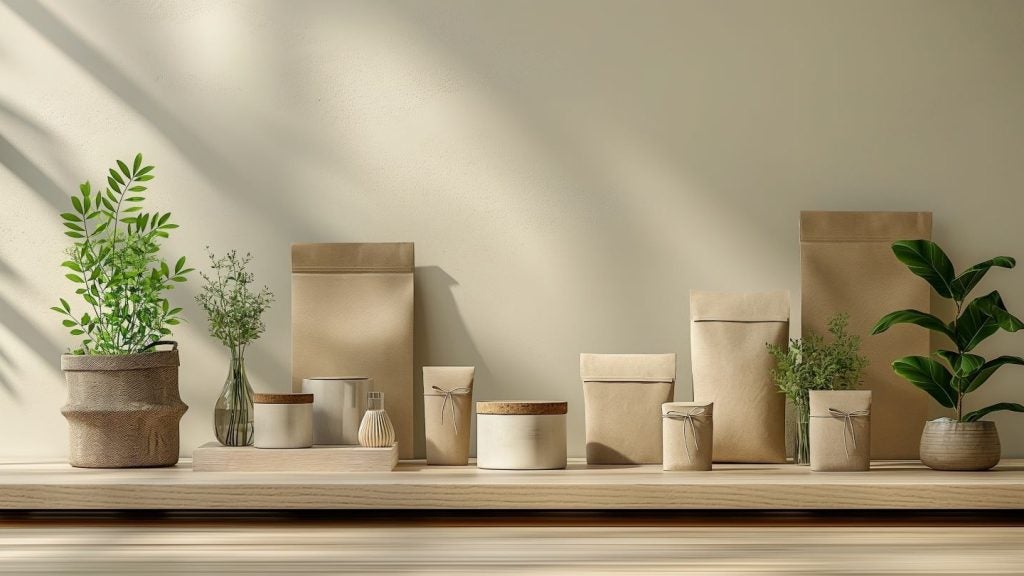Northern Ireland-based waste management company RiverRidge has announced a significant investment in its glass waste collection services, introducing two new biofuel vehicles to its fleet.
The expansion of the service is part of RiverRidge's commitment to reducing its carbon footprint and offering customers a more sustainable waste management solution.
The new vehicles, which run on hydrotreated vegetable oil (HVO), offer up to 90% carbon savings compared to traditional diesel.
“The expansion of our glass waste collection service will offer our customers a more extensive service offering. From general, food and oil and dry mixed recycling waste collections, they can utilise the one company for all, with the confidence that their waste is being treated in the most environmentally friendly way," said Brett Ross, CEO of RiverRidge.
"The hospitality and retail food sectors particularly require a reliable and dependable collection service, and we pride ourselves on our ability to deliver that across all sectors".
The introduction of the new vehicles will enable RiverRidge to increase its service coverage across Northern Ireland, including the Merchant Hotel in Belfast. The company has recently secured an extensive new service level agreement with the hotel, which will benefit from RiverRidge's waste management services.
RiverRidge's expanded glass waste collection service includes:
In-house management: The company will handle all glass waste collection and processing internally, eliminating the need for subcontractors and reducing its carbon footprint.
Biofuel vehicles: The new vehicles run on HVO, a renewable fuel that offers significant carbon savings.
Increased service coverage: RiverRidge can now serve a larger customer base across Northern Ireland.
The new glass collection vehicles, Mactip 180s, were procured from Antrim-based MacPac Refuse Bodies. They are equipped with the latest safety features and emission-saving technology, further contributing to RiverRidge's sustainability efforts.
RiverRidge's investment in its glass waste collection service is part of its broader strategy to offer customers more sustainable and efficient waste management solutions.
The company is also investing in software to enable advanced carbon reporting, allowing customers to better understand and reduce their environmental impact.


